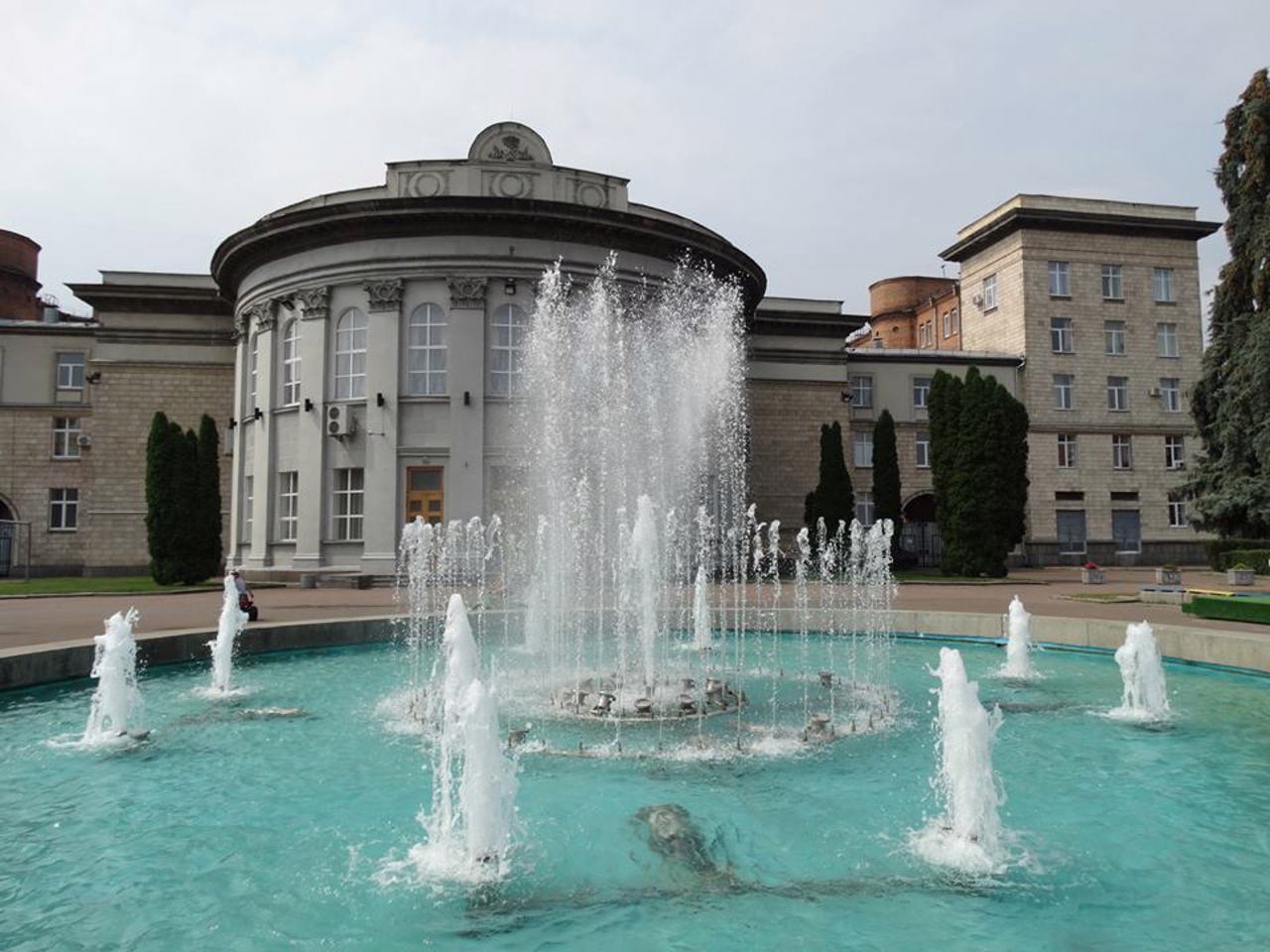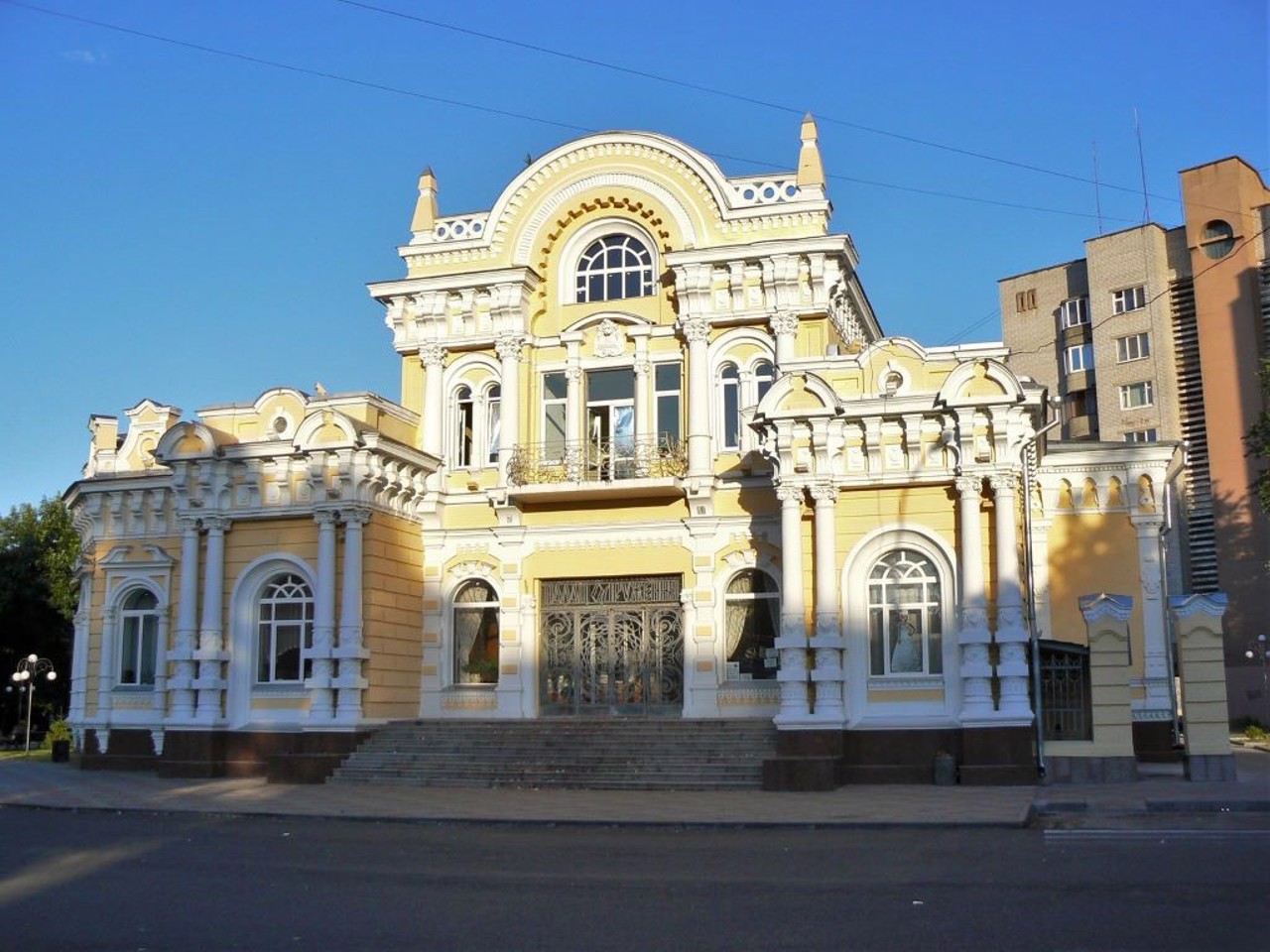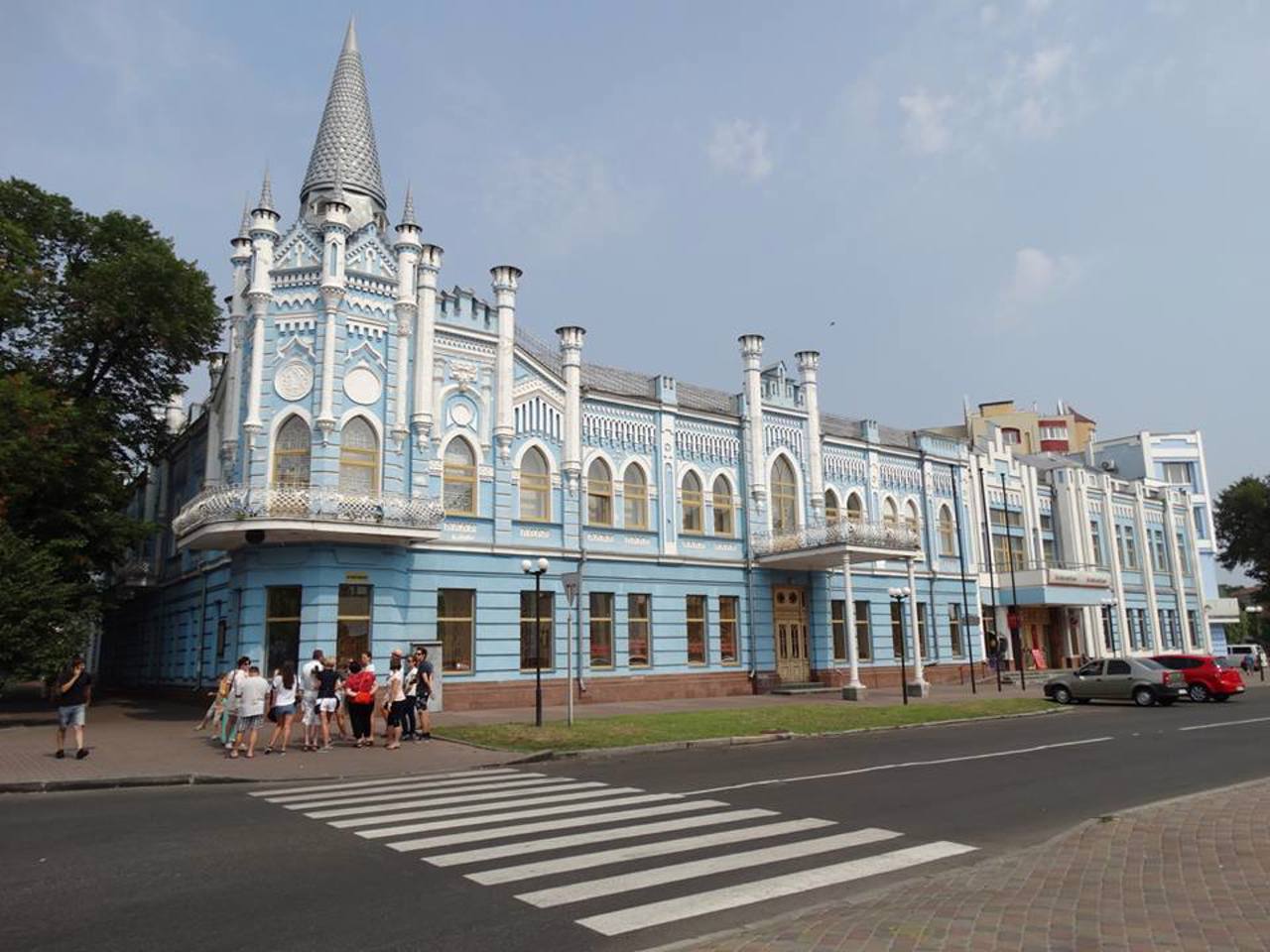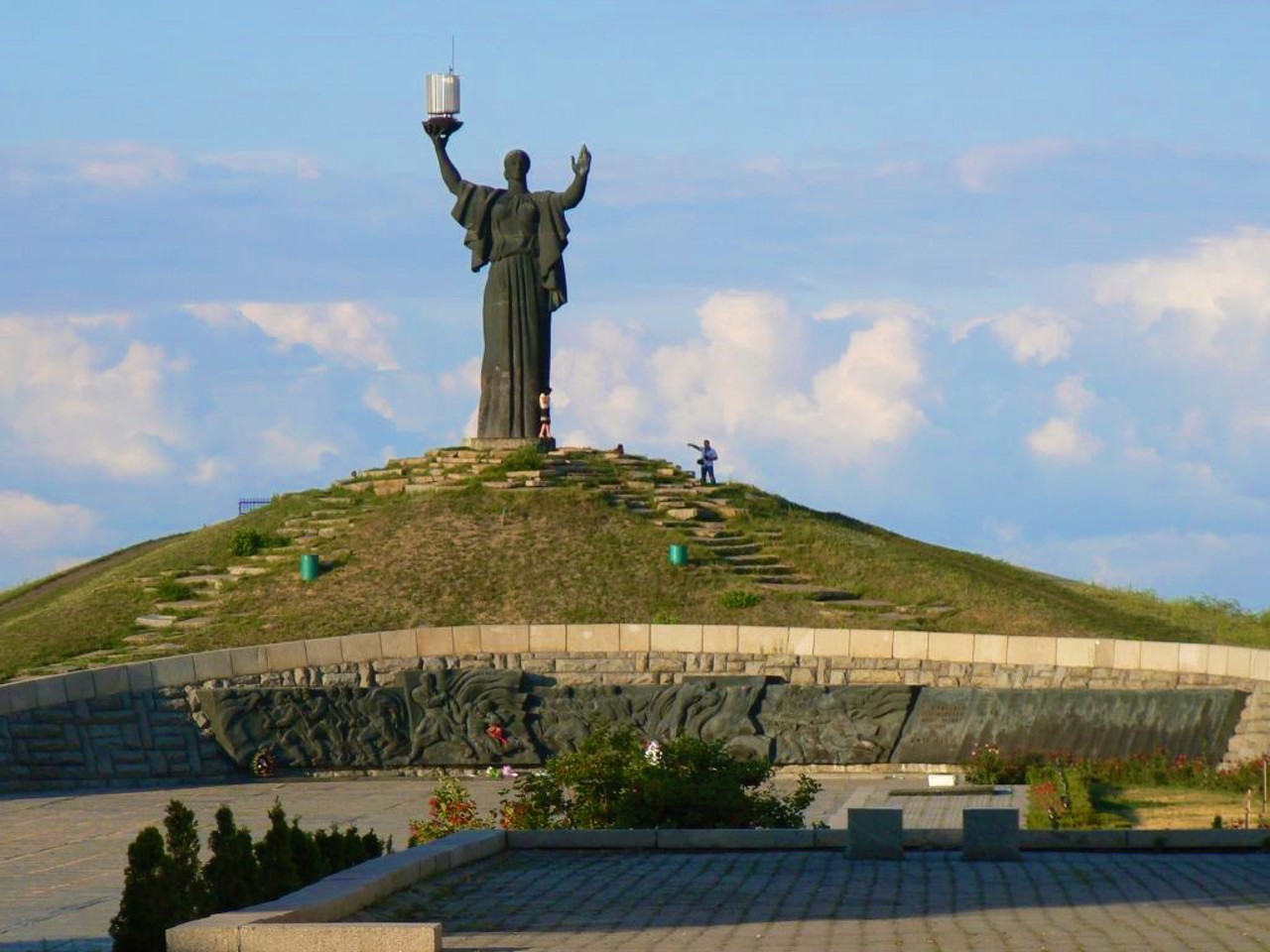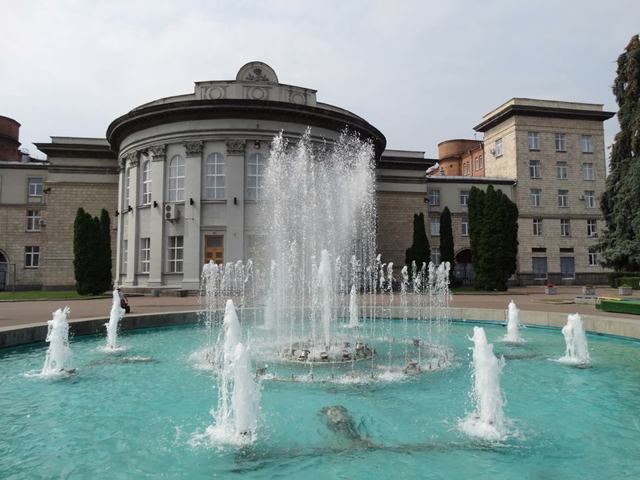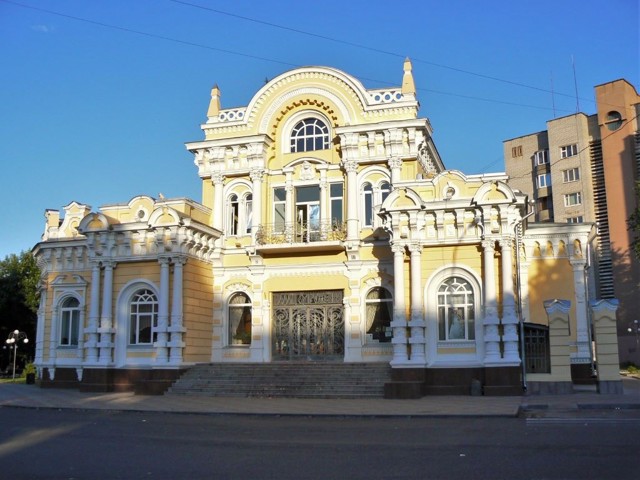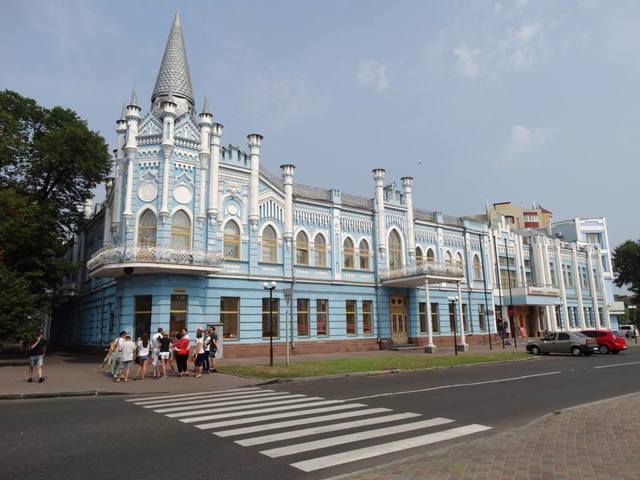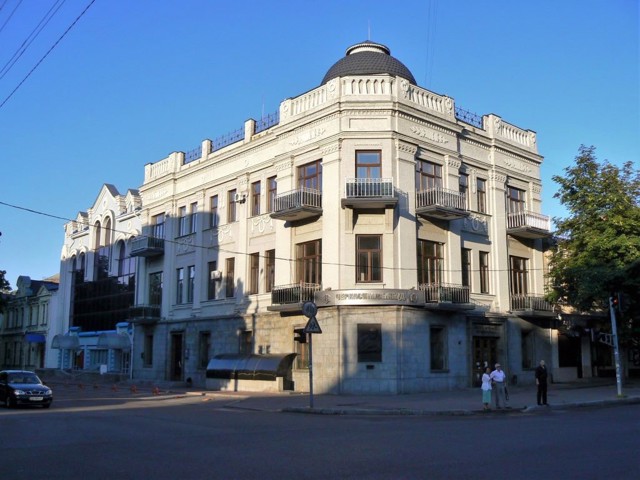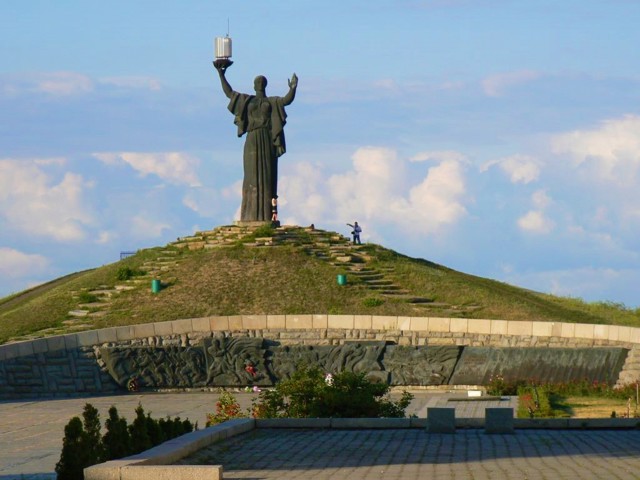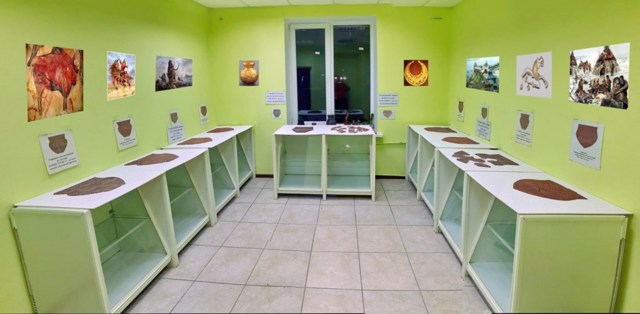Functional temporarily unavailable
General information about Cherkasy
The city of Cherkasy is the regional center on the Dnipro, in its middle course.
Historians consider the date of foundation to be 1284. The name is associated with the Circassian Cossacks who lived here.The first written mention of Cherkasy occurs in 1394 as a fortification on the border of Lithuania. In 1549, a fortress was built to protect the southern approaches to Kyiv from Tatar raids (the Hill of Glory is now on this site).
The city often found itself at the center of uprisings against the Polish nobility, in particular, in the Liberation War led by Bohdan Khmelnytskyi (1648-1654). In 1793, it became part of the Russian Empire as the center of the county.
The name of Taras Shevchenko, a native of these places, is inextricably linked with the history of the city. ...
The city of Cherkasy is the regional center on the Dnipro, in its middle course.
Historians consider the date of foundation to be 1284. The name is associated with the Circassian Cossacks who lived here.The first written mention of Cherkasy occurs in 1394 as a fortification on the border of Lithuania. In 1549, a fortress was built to protect the southern approaches to Kyiv from Tatar raids (the Hill of Glory is now on this site).
The city often found itself at the center of uprisings against the Polish nobility, in particular, in the Liberation War led by Bohdan Khmelnytskyi (1648-1654). In 1793, it became part of the Russian Empire as the center of the county.
The name of Taras Shevchenko, a native of these places, is inextricably linked with the history of the city. There are few historical monuments, most of them are located along four parallel streets - Shevchenko, Hohol, Blahovisna and Ilyin. The main attractions are scattered around.
Місто Черкаси - обласний центр на Дніпрі, в його середній течії.
Історики вважають датою заснування 1284 рік. Назву пов'язують з козаками-черкасами (черкесами), які тут проживали.Перша письмова згадка про Черкаси зустрічається в 1394 році як про укріплення на кордоні Литви. В 1549 році була побудована фортеця для захисту південних підступів до Києва від набігів татар (на цьому місці зараз Пагорб Слави).
Місто часто опинялося в центрі повстань проти польської шляхти, зокрема, у Визвольній війни під проводом Богдана Хмельницького (1648-1654 роки). У 1793 році увійшло до складу російської імперії як центр повіту.
З історією міста нерозривно пов'язане ім'я уродженця цих місць Тараса Шевченка. Історичних пам'яток мало, більшість розташована вздовж чотирьох п ...
Місто Черкаси - обласний центр на Дніпрі, в його середній течії.
Історики вважають датою заснування 1284 рік. Назву пов'язують з козаками-черкасами (черкесами), які тут проживали.Перша письмова згадка про Черкаси зустрічається в 1394 році як про укріплення на кордоні Литви. В 1549 році була побудована фортеця для захисту південних підступів до Києва від набігів татар (на цьому місці зараз Пагорб Слави).
Місто часто опинялося в центрі повстань проти польської шляхти, зокрема, у Визвольній війни під проводом Богдана Хмельницького (1648-1654 роки). У 1793 році увійшло до складу російської імперії як центр повіту.
З історією міста нерозривно пов'язане ім'я уродженця цих місць Тараса Шевченка. Історичних пам'яток мало, більшість розташована вздовж чотирьох паралельних вулиць - Шевченка, Гоголя, Благовісної та Ільїна. Основні визначні пам'ятки розосереджені навколо.
Сплануй своє перебування у Cherkasy
What to see and where to go in Cherkasy
Tourist attractions and museums of Cherkasy
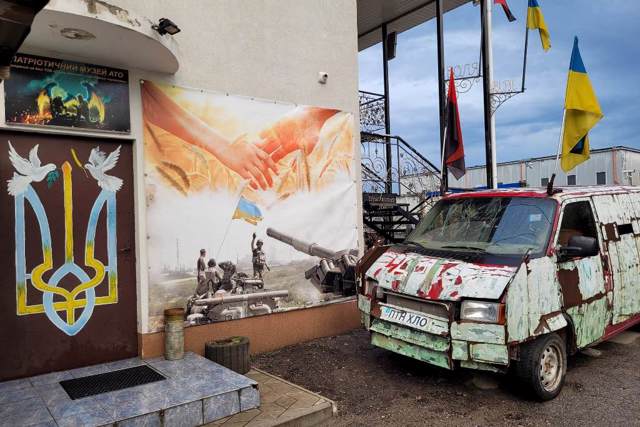
Patriotic Museum of the Russian-Ukrainian War
Museum / gallery
The Patriotic Museum of the Russian-Ukrainian War in Cherkasy was founded in 2018 by a serviceman of the 118th Terrodefense Brigade, volunteer Oleksiy Svyatenko. It is located in the bell tower of the Saint Michael's Garrison Cathedral in Cherkasy.
The museum has collected hundreds of samples of weapons, ammunition and ammunition from the war zone from the beginning of the war in 2014 to the present day. In particular, you can see the tubes from the Javelin, NlAW and Fagot ATGMs, cartridges from the American Bradley infantry fighting vehicle, cartridges for mortars, tanks and guns, various small arms. Fragments of the Russian rocket from the Uragan MLRS, the remains of the Shahed drone shot down over Cherkasy, and samples of Russian military uniforms are also presented.
A separate part of the museum is dedicated to Dmytro Kotsyubaylo "Da Vinchi", who died in March 2023.
Near the entrance to the museum stands an evacuation vehicle, which was used by the fighters of the "Right Sector" military unit during the battles for the Donetsk airport in 2014 and in other hot spots.
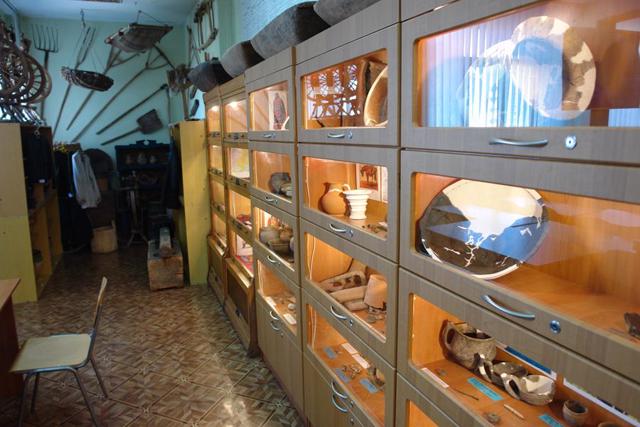
Archaeological Museum of Middle Dnipro region
Museum / gallery
The Cherkasy City Archaeological Museum of the Middle Dnipro region was created in 2016 on the basis of the archaeological collection of the Cherkasy historian Mykhaylo Syvolap, which contains several tens of thousands of finds of all eras and cultures from the territory of the Middle Dnipro region, starting from the Paleolithic and ending with Cossack times, as well as objects of the XVIII-XX centuries.
Initially, the museum was located in one of the rooms of the "Ukraine" cinema, but in 2024 it moved to new premises on the first floor of a four-story building in the center of Cherkasy. The main exposition and three auxiliary ones are located here.
The exposition presents both fossil artifacts and items of traditional Ukrainian culture that have not yet had time to visit the earth. In particular, you can see fragments of ancient weapons, coins, tiles and restored Cherkasy tableware of the end of the 18th century. A numismatic and bonistic exposition is planned.
In the game hall, there is an interactive exhibition "Popular Archeology for Children", where archaeological workshops and archeological puzzles are offered. Visitors can assemble a model of an ancient vessel with their own hands, focusing on the shape and ornament, feeling like an archaeologist-restorer.
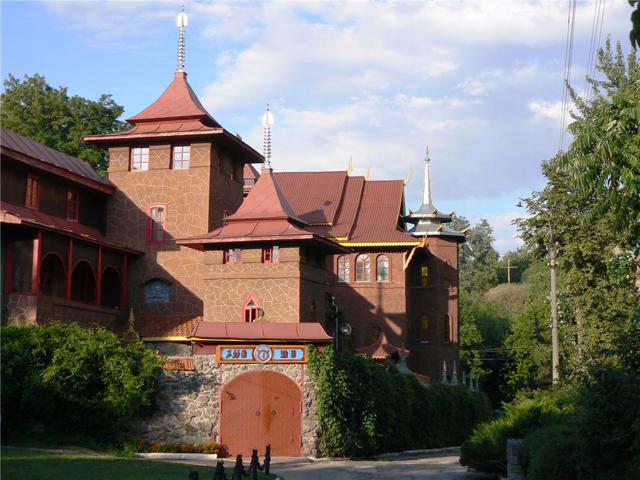
Buddhist Temple "White Lotus"
Temple , Museum / gallery
The largest Buddhist temple "White Lotus" in Europe was founded in Cherkasy in 1988, built in the 1990s by followers of the "Sha-Fut-Fan" school of kung fu.
Its prototype is a Buddhist temple in Laos. The architectural project of the temple complex was initiated by Volodymyr Skubayev, the head of the Cherkasy Society of Buddhism. According to legend, during the laying of the foundation, an ancient stone was found on which the Buddha in the mask of a warrior is depicted. At the entrance to the cell, there are two figures of soldiers brought to Cherkasy from Tibet. In the ritual hall, the floor is covered with carpets, the walls are decorated with wood and velvet.
Followers of Buddhism study Thai boxing and kung fu here.
On Sundays, tours and tea ceremonies are held in "White Lotus". It is possible to organize a wedding ceremony.
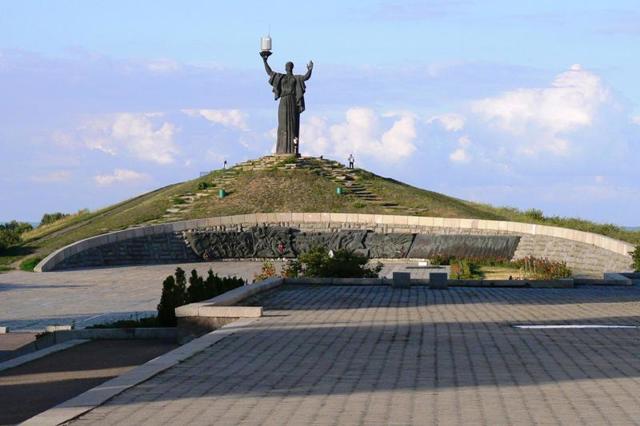
Castle Hill (Glory Hill)
Historic area , Monument
The memorial complex with the monument "Motherland" in Cherkasy is located on the territory of an ancient castle, on the site of the Holy Trinity Church, which was destroyed during the Soviet regime.
According to one version, during Cossack times, the Cherkasy fortress was located on this small hill. In fact, in different periods there were three fortresses in Cherkasy. An ancient Rus settlement of the 14th century and the remains of the Cherkasy fortress of the 18th century were located on the site of the current Bohdan Khmelnytskyi Park on Castle Hill (now there is a stele in honor of Bohdan Khmelnytskyi and a monument to Ivan Pidkova), and on the site of Hill of Glory there was a reserve fortification, on the territory of which in 1863, a stone Trinity Church was built instead of the wooden church of the same name in the lower town.
All architectural and archaeological monuments were completely destroyed during the construction of the Glory monument. The church was blown up in 1961, the cultural layer was removed in 1965 during the construction of the Hill of Glory, and in 1977 the Memorial of Glory with the bronze monument "Motherland" was opened.
A large panorama of the Kremenchuk Reservoir opens from the top of the hill.
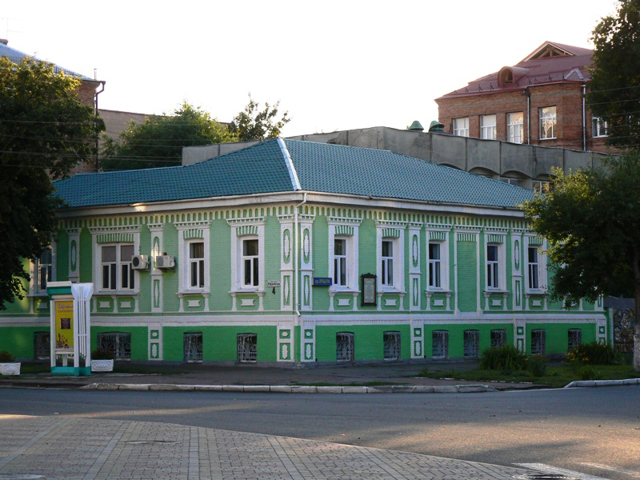
Cherkasy Academic Puppet Theater
Architecture , Theater / show
The Cherkasy Academic Puppet Theater is located in the central part of the city, in a building that is an architectural monument of the 19th century.
The building belongs to the so-called "model houses", the author of which was the architect Luyidzhi Rusca. At the beginning of the 19th century, he released the album "Exemplary facades", which were used to build many Ukrainian cities. From the moment of construction, not only the walls and ceilings, but also the carpentry, and even the fittings with the monograms of the firm "M. and H. Babashov. 1850" have been preserved.
Since the 1970s, the building has been used by a puppet theater. The front side of the building is decorated with a mosaic with characters from children's fairy tales.
Reviews Cherkasy
Geographical information about Cherkasy
| {{itemKey}} | {{itemValue}} |
|---|---|
| Region |
Cherkasy |
